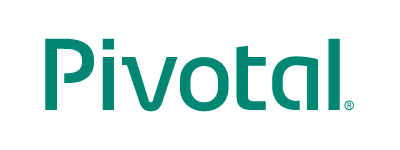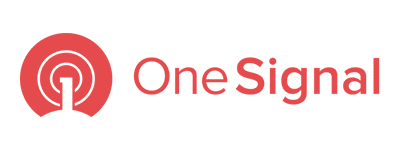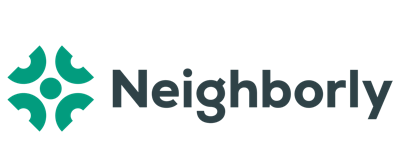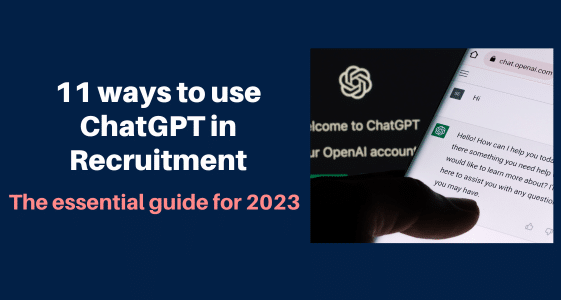The struggle is real, and recruiter burnout is at an all time high.

Recruiters have some of the toughest jobs in the industry. Unsurprisingly, burnout — defined as a state of mental and physical exhaustion — was already a big problem for recruiters before the pandemic. Yet since March 2020, morale has plummeted further.
A staggering 98% now report feeling burnt out at work in the last six months, a recent study found.
2023 is bringing a variety of fresh recruiting challenges, from uncertain labor markets and tighter budgets to the pressure of hiring freezes and layoffs.
So what can we do to prevent and treat recruiter burnout?
Let’s start by looking at why so many recruitment professionals are feeling crushed under the pressure.
Recruiter burnout causes 2023
Picture this.
You’re a busy recruiter in charge of posting jobs, sourcing, outreach, screening, interviewing and closing offers — and that’s just on the candidate side.
Meanwhile, hiring managers regularly call to let you know that they’re switching out the roles you were making progress on, your most promising candidate ghosted at the offer stage, and they’ll need five Data Engineers in-person in Anchorage, Alaska ASAP.
Then in addition to the daily grind, your manager is quitting, your budget got slashed, and layoffs are disproportionately threatening recruiting teams.
This may sound like a nightmare, but unfortunately, these challenges and stresses are all too real for recruiters.
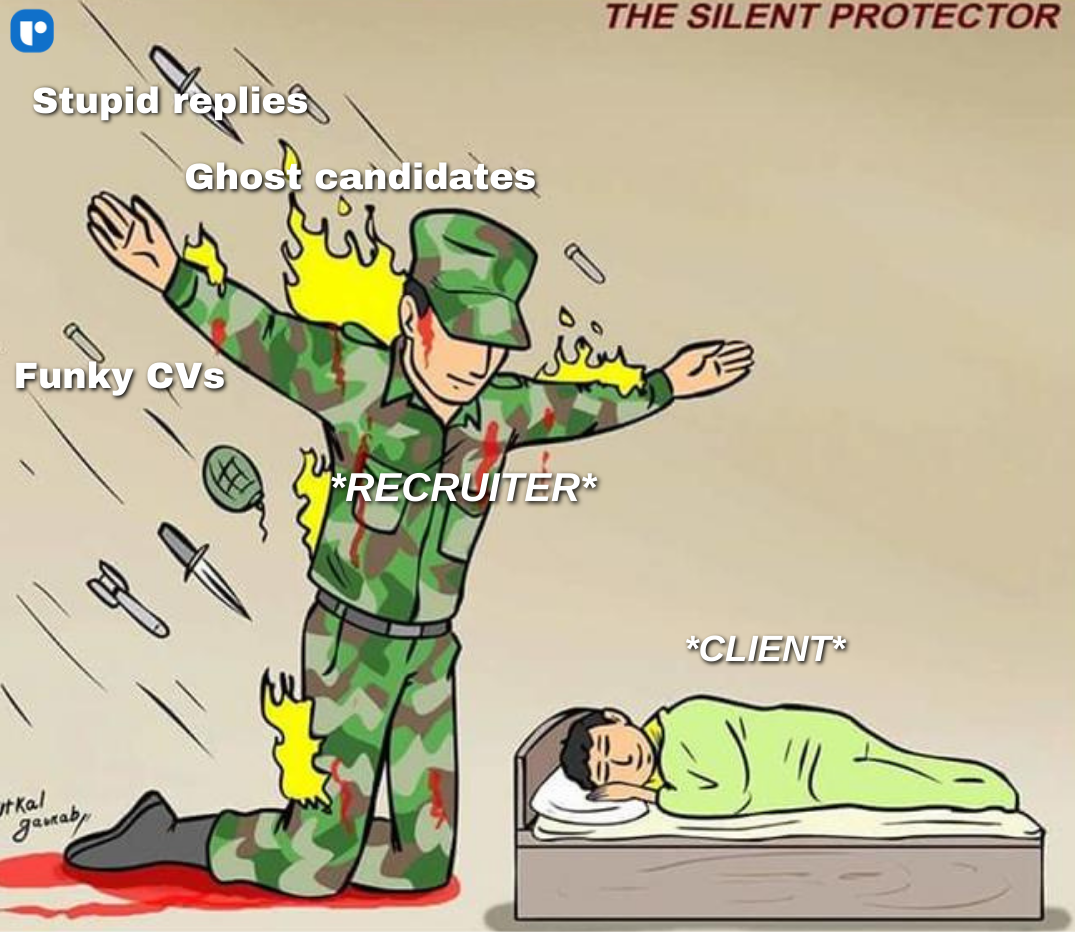
Economic stress
With federal interest rate hikes and investor confidence sinking, YC Combinator recently told startups to tighten their belts and “plan for the worst”.
Big tech players like Meta, Netflix, Microsoft and Twitter — whacked by over 3 billion in losses this year — are slowing or freezing hiring, rescinding offers and even laying off staff.
Amid the chaos, many recruiters are understandably stressing about job security.
Lack of resources
Some companies are cutting back on recruitment staff. Others are reducing costs by reconsidering their partner contracts and recruitment tools.
It can be demoralizing to be left with fewer resources and teammates — and the same old targets to meet.
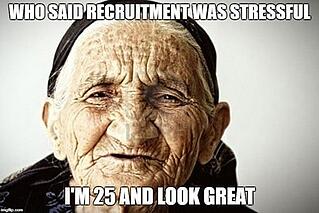
The Great Resignation
Record-breaking numbers of open positions means recruiters are under unprecedented strain, with piles of resumes, ever-rising daily targets and hiring managers with roles to fill yesterday clamoring for attention.
The Great Resignation has also shifted hiring norms. Many candidates demand sky-high salaries, accept an offer only to not show up on the first day, or immediately job-hop if the position isn’t for them.
Some of the impacts of the Great Resignation — such as increased transparency and focus on candidate experience — are positive. However, the burden falls upon recruiters to negotiate between candidates and employers in a turbulent labor market.
The effect of working from home
It’s no secret that employees like remote work, with 87% in favor. However, work and life blurring may actually result in longer hours and less downtime overall.
Working remotely has made everything more complex. Recruiters must design and coordinate new, fully remote interview processes, ensure great candidate experience, and convey company culture without in-person interaction. And this transition has been rocky.

67% of recruiters have switched to video interviewing, but only 11% preferred the method.
Recruiter Burnout Symptoms
So how do you know if you — or someone you know — is burnt out?
If you’re worried about your own wellbeing, or that of a colleague or employee, here are a few tell-tale signs.
Exhaustion
Someone experiencing recruiter burnout feels emotionally, physically, and mentally drained.
Exhaustion can also be self-compounding. Stress makes it harder to get a good night’s sleep. And psychologically, revenge bedtime procrastination can take effect. A recruiter who doesn’t put down the laptop until well into the evening may stay up late in an attempt to capture back some free time.
This in turn makes them less productive the next day, in a vicious cycle.

Reduced productivity
Success in recruiting naturally fluctuates with seasonality, how specialized or difficult roles are, and other external factors including pure luck.
However, when a dry spell is prolonged, it’s a good time to check in and evaluate whether market conditions, inefficient recruiting processes or burnout could be at play.
Frequent negativity
If you’re a recruiter, think about how you feel on a typical Sunday night. Are you relaxing without a care in the world or even looking forward to tomorrow’s calls? Or are you mourning the dying embers of the weekend and hoping Monday never comes?
When you receive a new req from a hiring manager, are you excited to start strategizing and hit the ground running? Or do you resentfully ignore the email as long as possible and start googling “recruiter jobs in Canada”?
Mood swings
Recruitment can be an emotionally charged profession. It’s natural to feel genuinely happy to match a candidate with their dream opportunity and disappointed when an offer falls through.
However, extreme reactions to small provocations or minor setbacks can be a definite sign of burnout.
Detached from colleagues
A once friendly colleague who’s stopped contributing to team meetings or chatting around the water cooler? Burnout could be the reason.
Preventing recruiter burnout
Here’s why companies — not just recruiters — should care about preventing burnout.
Burnout makes employees less productive. It makes them 63% more likely to take a sick day. And, they are 3 times as likely to be searching for a new role.
With most HR professionals calling 2020 “the most stressful year of their career” then 86% agreeing 2021 was worse, the annual turnover rate for recruiters is an alarmingly high 25%.
A wave of resignations and sabbaticals will lead to time and cost resources burned when employers need to find replacements for the experienced recruiters they lost.
But with a little attention, it’s possible to prevent and avoid burnout before stress levels get out of hand. Here are a few ideas to help.
Block off time for exercise and hobbies
The basics — like eating healthy, getting the recommended amount of regular exercise, and wellness activities like mindfulness or yoga — should be treated as non-negotiable. Not as a nice-to-have on days you happen to finish at a reasonable hour!
To that end, consider putting dedicated time on the calendar for these must-have activities. It requires effort and conscious intention, but physical and mental health are foundational for long-term success.

Disconnect on off-hours and take PTO
Let’s be realistic: recruiting isn’t a 9 to 5 job.
There are time zone differences. There are candidates who might lose interest without a quick reply. And the nature of commission-based work financially rewards recruiters for working more — at least, in the short term.
However, it’s essential to take time away to rest and recharge to head off burnout.
Companies can help prevent recruiter burnout by offering adequate PTO — and encouraging recruiters to actually take it.
Work-life balance tips:
- Quick breaks can boost your mood without harming productivity, research shows
- If you’re working late one day, consider blocking off time in the morning the next day, and vice versa
- When you’re (honestly) done for the day, turn off notifications and disconnect from work devices. Continuing to look at emails will make your free time feel like work — and are those hours truly productive?
- To overcome zoom exhaustion, set a no meetings day
Talk to someone
It may sound cliché, but talking really does help. Whether it’s a friend, a colleague, or a therapist, talking about stress can help you get it in perspective and develop a plan of action.
TA departments can also help combat the isolation of remote work by planning team-building activities and planning and perpetuating a culture of openness.
Not everything can be a priority
Recruiters need to have an open and honest conversation with managers about realistic delivery times and where to focus efforts.

Bandwidth is not unlimited. Which roles are truly important to the success of your company? Which roles are fillable quickly? If a hard-to-fill job is taking up all of a recruiter’s time, all of their other placements will suffer.
Sharpen your talent acquisition tools
If you’re still performing mundane, repetitive tasks, now’s the time to ask why. Automated solutions can help with job posting management, resume screening, candidate outreach, and more.
Analysis paralysis? Here’s our list of just the most effective AI tools in 2022.
And for tough, time-consuming tech roles that require specialized skill sets, you might consider a service like Celential.ai. Thanks to cutting-edge AI and ML, we deliver warm, engaged tech talent in just three days — freeing your team to focus on the meaningful, rewarding work of engaging and closing candidates.

How to be a great recruiter and avoid burnout
President Eisenhower once said, “I have two kinds of problems: the urgent and the important. The urgent are not important, and the important are never urgent.”
It’s all too easy to spend the whole day “firefighting”. You use all of your time on urgent but low-priority activities, leaving no time for not urgent but high-priority activities.
Effective recruiters make the time for the things that are truly important to alleviate their workload in the long term. Such as:
Seek to grow professionally
The hiring process can be quite repetitive. Recruiters receive 250 resumes to read for an average role. And when the customer wants dozens of candidates with similar profiles, life can feel like a hamster wheel.
So, how do you create a feeling of progression and long-term growth?
- Look for new and different roles to work on
- Brush up on tech terminology
- Work on persuasion and outreach technique
- Subscribe to industry publications, or read blogs or podcasts
- Take courses to develop new skills and earn certifications.
Build your network
A strong network can make your life easier when you need to find candidates. But don’t forget about networking with your fellow recruitment professionals.
Speaking with others who share the same frustrations and understand where you’re coming from can be a powerful antidote to burnout. And, they may be able to share new strategies and ideas to uplevel your recruiting game.
Participate in industry events and join recruitment-based groups on LinkedIn or Slack to meet some fellow travelers.
Examine your process

It’s crazy how much time collecting data and iterating on your process can save you.
For example, if you try email subject line A and line B and the latter performs 25% better, that’s 1 in 4 candidates fewer to find every day.
Another example is looking over your entire process and identifying the bottlenecks. If only 50% of your candidates actually complete your 4-hour coding challenge, you might shorten it or move it later in the interview process.
89% of potential candidates drop out due to prolonged screening — and this is almost always preventable with a tight and streamlined process.
Here are more sourcing tips for reducing friction in your recruitment pipeline and supercharging your technical recruiting.
Resources to overcome burnout
Energized to make those positive changes but unsure where to start? We’ve got you covered.
Industry insight
Wellbeing
New opportunities
Communities
Get tech on your team to fight burnout

Celential’s AI-powered sourcing solution delivers high-quality and engaged talent with zero effort or learning curve on your part — lightening your talent acquisition team’s workload and freeing up their time to nurture candidates and close hires.
When talent acquisition department budgets are thrown out the window and teams are understaffed, AI can take the pain out of recruiting.
Sign up for a free trial today!
Table of Contents












